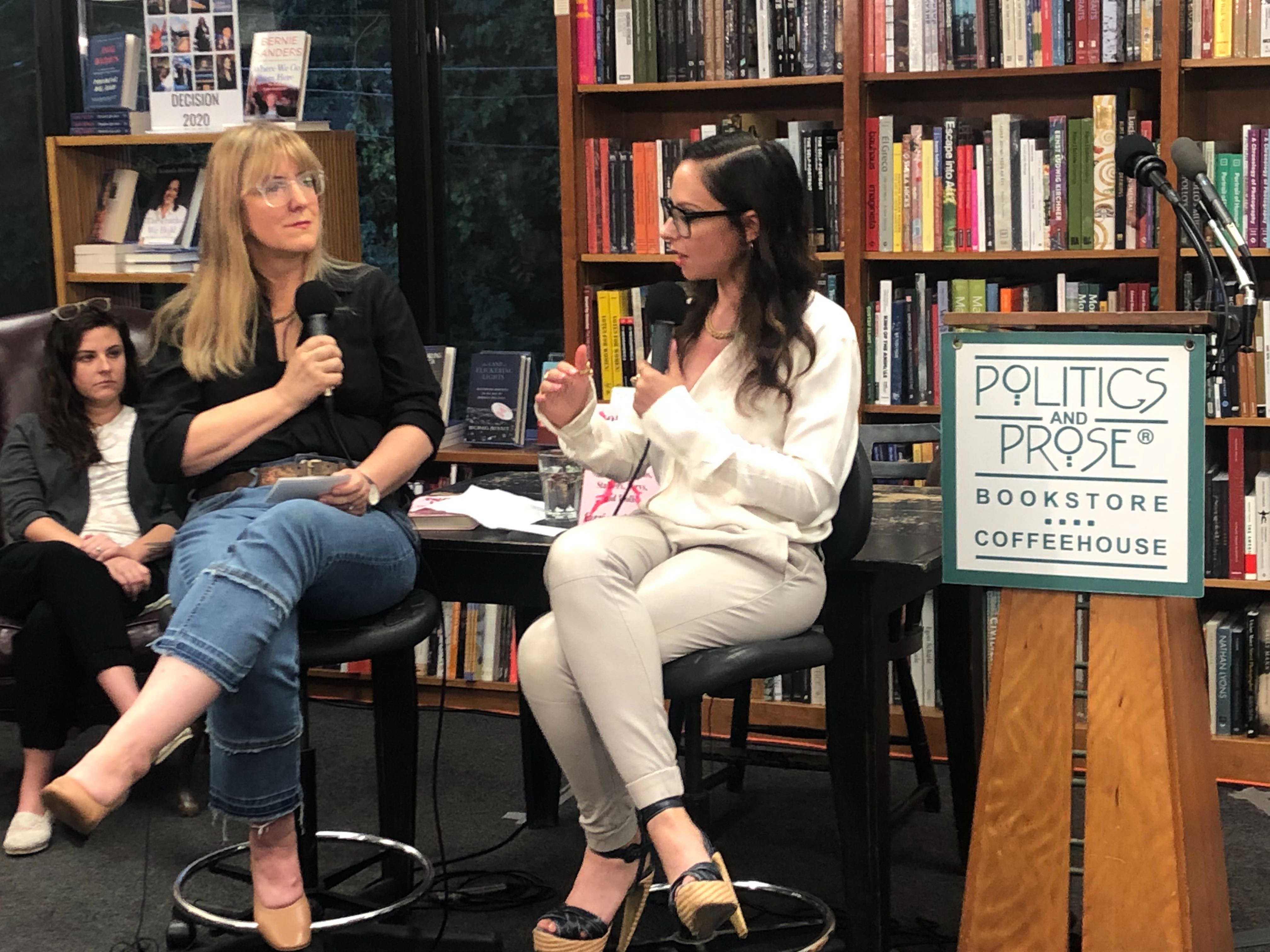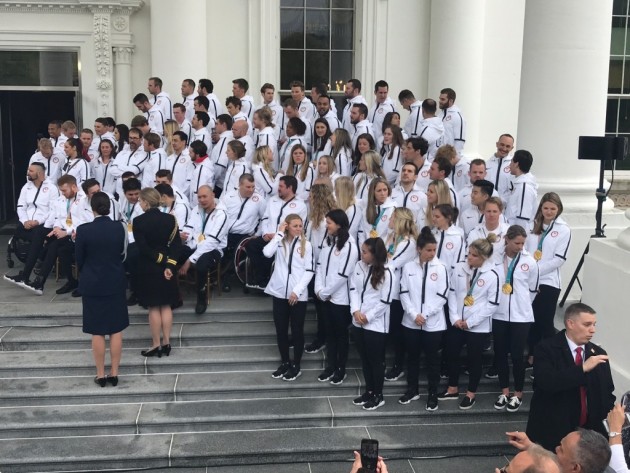Republican National Convention 2016

Photo by Milbert Brown, Howard University News Service: Dell Jackson, traveled from California, to sell Trump and GOP items in downtown Cleveland. He was among the black vendors profiting from the Republicaan National Convention.
CLEVELAND — Shy Drayton, 21, said she will follow Republican Party presidential nominee Donald Trump throughout the remainder of his campaign.
Drayton, however, is not a Trump supporter. Instead, she is one of the scores of street vendors flooding downtown Cleveland streets for the opportunity to sell Trump campaign merchandise to thousands of visitors at the Republican National Convention (RNC) here.
Donned in a dashiki, the young African-American woman and other black vendors stand out from the other merchants, who are mostly white, selling apparel and novelty items promoting Trump and his slogan: “Make America Great Again.”
And they certainly don’t look like most of the convention attendees, who are, by most accounts, about 98 percent white. Some, surprisingly, are Trump supporters. Others, like Drayton, have different motives for being here.
“I don’t agree with his policies,” she said. “I’m out here for a purpose — to pay my bills. It’s easy to separate business from personal.”

Fredric Kendrick, Howard University News Service: Long-time Cleveland street vendor
and Trump supporter Chili Thompson was hawking this shirt for $25, and selling lots.
Drayton said she has been vending since she was 14 years old and has sold items at jazz festivals, Michael Jackson concerts and President Obama’s inauguration ceremonies in 2008 and 2012.
Her customers do not seem to mind that she is not a Trump supporter, she said.
“They don’t care who’s selling it,” she said.
Down the street, Keith Bond, 53, said a black man tried to fight him for selling “Vote for Donald Trump 2016” T-shirts and buttons.
Bond, who is also African American, said the man had an issue with him selling the merchandise because of his race.
“I just let it go,” said Bond, who lives in Detroit and came to Cleveland to sell his wares.
Bond said he is a Trump supporter.
“I cannot support Hillary Clinton,” he said. Trump, he said, seemed like the “lesser of two evils.”
His support for Trump, however, is not the reason he came to Cleveland. He said he saw the RNC as a lucrative business opportunity.
“I wouldn’t be here if it wasn’t,” he said.

Photo by Milbert Brown, Howard University News Service: Some of the campaign
material referred to Trump's plan to build a wall at the Mexican border.
He made about $10,000 selling merchandise at the Cleveland Cavaliers Championship Parade in June, he said.
“I expected to make about $6,000 from this,” he said, as he flagged down customers walking along Euclid Avenue.
He has made about $2,000, he said, but appreciated the opportunity to hear the Republican perspective.
Long-time Cleveland street vendor and Trump supporter Chili Thompson was hawking a shirt with one of the most outlandish slogans, yelling out the words to attract customers.
“Clinton sucks, but not like Monica,” Thompson, 51, shouted to customers on the main street of Cleveland. “And on the back, ‘Trump that Bitch.’”
One convention attendee heard the pitch and quickly shelled out $50 for two shirts.
“I’m buying these for my brother-in laws,” Jaime Smith said. “They’re just ridiculous; they like a good laugh.”
Kamar Porter, who drove to Cleveland from New York, was expecting a bonanza, but so far things hadn’t gone as expected.
“So far, these Republicans have been dirt cheap,” Porter said. “It’s hard.”
Additionally, he said, he is not a Trump supporter.
“I don’t particularly care for Trump,” Porter said. “[Vending] pays the bills.”
Dell Jackson, 26, said street vending at the RNC has put him closer to opening his own T-shirt shop in in his home state of California.
“As soon as I get to California, I’ll have enough, within the month,” Jackson said.
He said the money he earned vending events, including sporting events when work is not available at his warehouse job, has helped him save enough money to start his business.
“I’m capitalizing on the event,” he said. “I’m not exactly a Trump supporter, but Trump supports free enterprise.”








